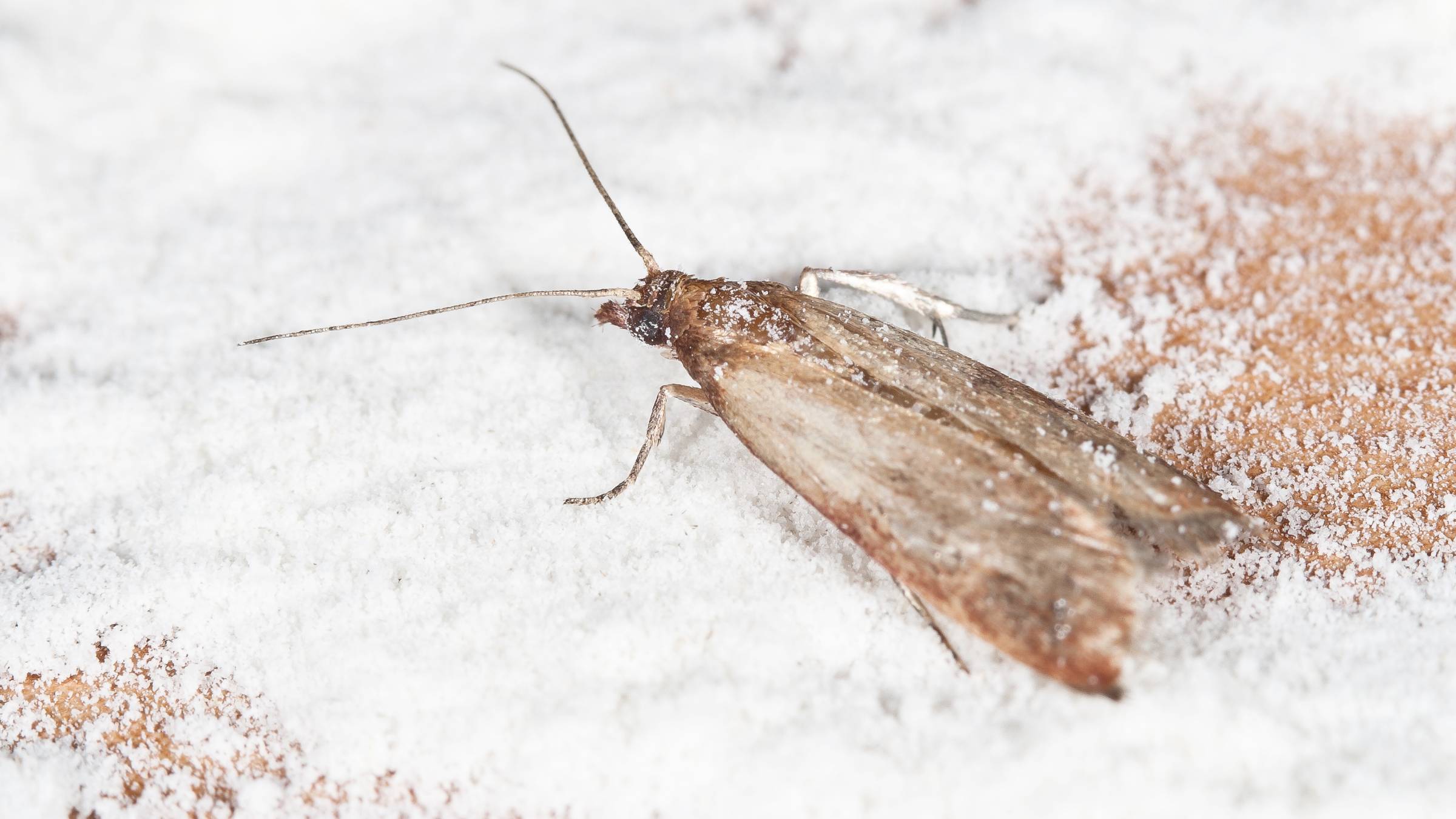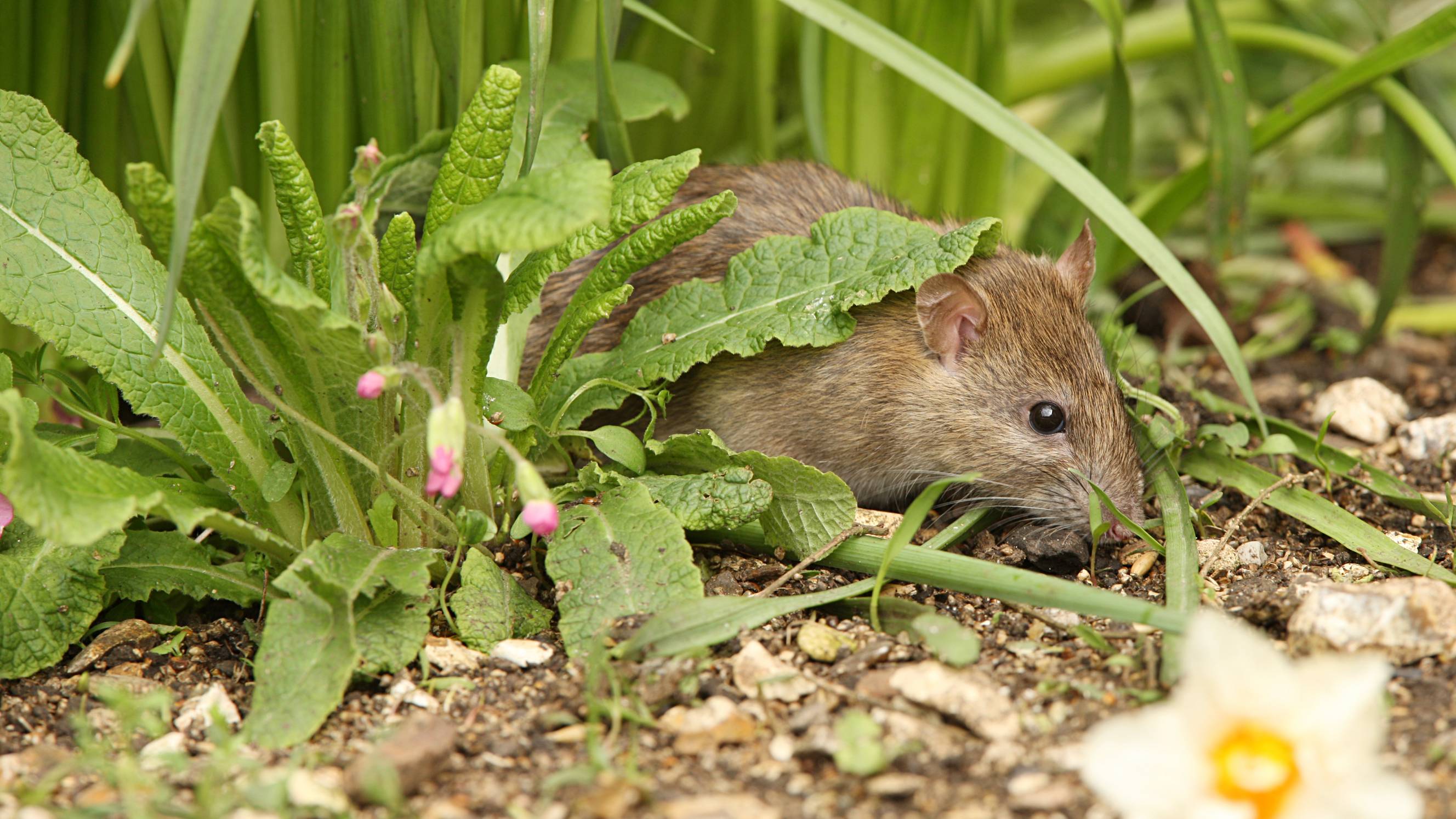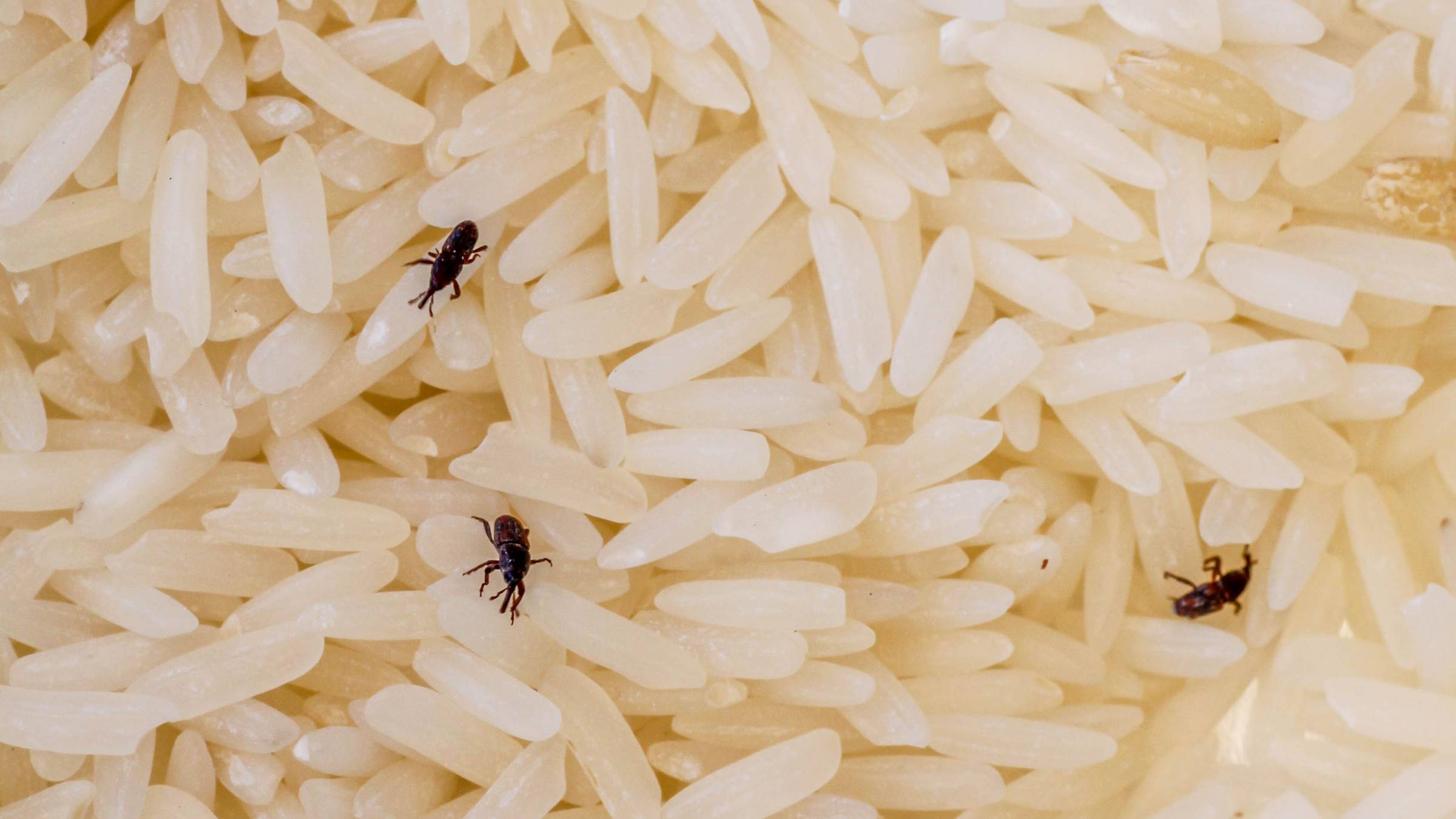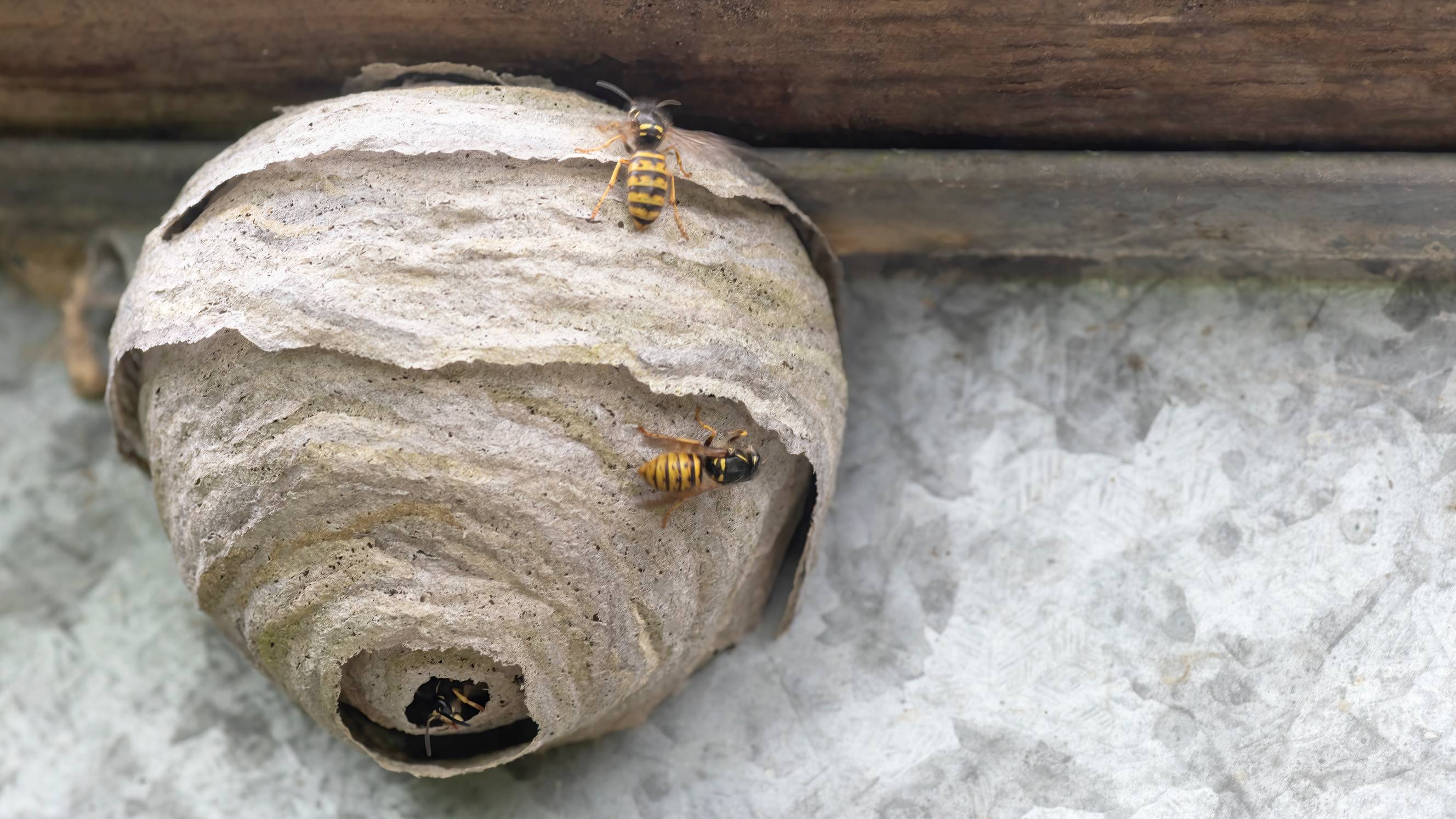- Home/
- Guides/
- Pest Control/
- Common Garden Pests and How to Prevent Them
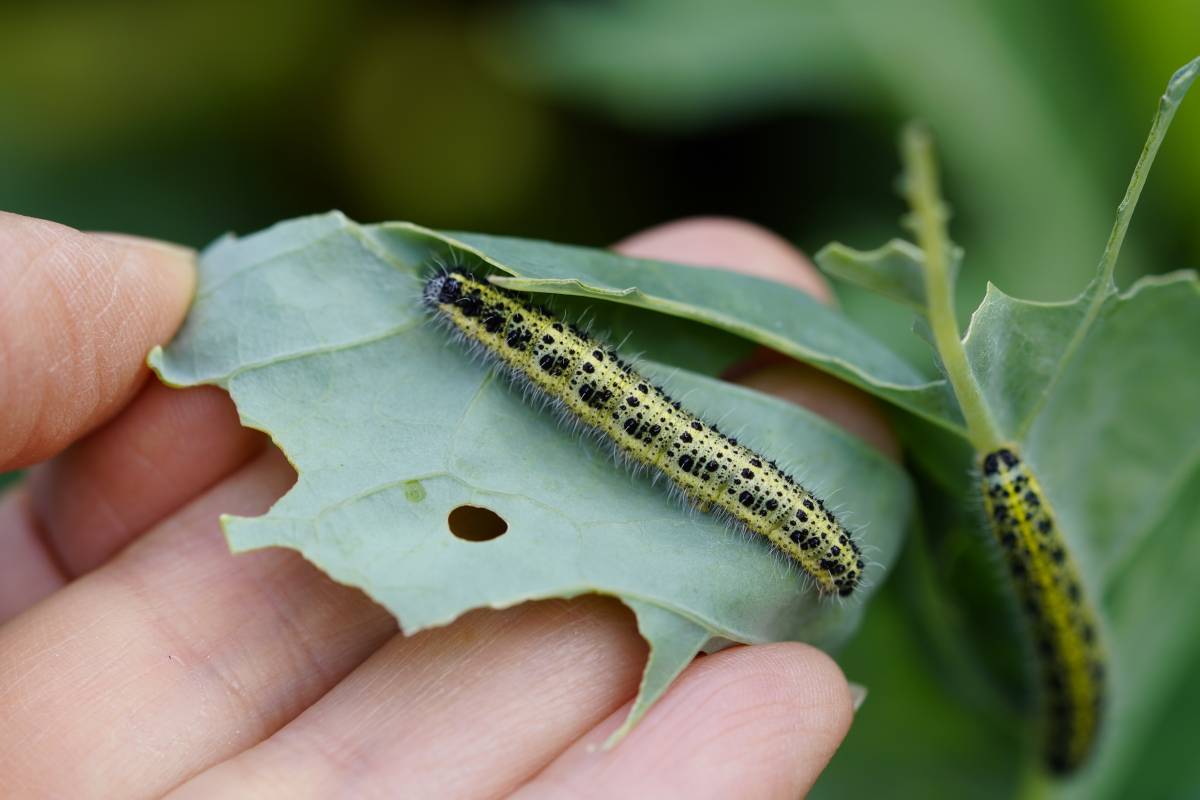
The most common garden pests and how to deal with them
Tips and tricks for keeping garden pests at bay
Find a pest controllerLast Updated on
Garden pests can wreak havoc on flowers, foliage, and vegetables. From bugs that eat your leaves to disease-carrying vermin, we've listed the most common garden pests and the best methods to lessen their destruction.
This guide will help you identify common garden pests and learn how to keep them out of your garden.
1. Slugs
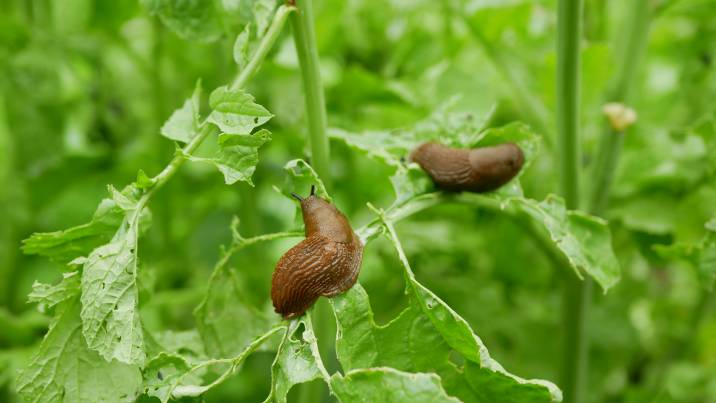 The most common pest in gardens is the slug. They eat holes in pretty much everything, including leaves, stems, flowers, tubers and bulbs damaging the plants in a way that worsens over time.
The most common pest in gardens is the slug. They eat holes in pretty much everything, including leaves, stems, flowers, tubers and bulbs damaging the plants in a way that worsens over time.
Seedlings are most at risk from a slug attack, especially during the spring months, so we recommend setting your defences in March.
How to control them
If you are protecting vegetables and flower beds, you can use slug pellets to ward off slugs or use serrated copper tape. This is a wire that emits a small electric shock, creating a line that the little slugs will not cross!
2. Aphids
Aphids include greenfly and black fly, which are roughly 5mm long – sometimes with wings and sometimes without. These slow-moving critters love to feast on plant sap which can distort growth and create a sticky substance that grows mould.
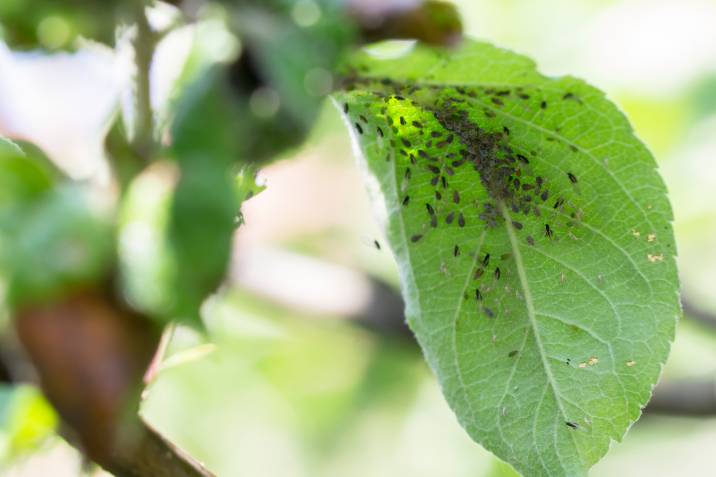
Aphids can also transmit plant viruses and create visible colonies in your plants, causing them to stop growing or curl their leaves as they weaken.
How to control them
Wash your plants with strong sprays of water.
Encourage aphid midges, lacewings, and lady beetles into your yard by planting nectar-rich flowering plants as they are all native predators.
Cover your plants with floating row covers, which are light pieces of material used to shelter your plants, available at most hardware stores.
Use hot pepper or garlic spray.
Apply horticultural oil or insecticidal soap.
3. Vine weevil
Vine weevils feed on various plants and fruit, especially if the plants are growing in containers that require hefty garden pest control. These pests eat leaves and create little grubs that feast on the plant roots.
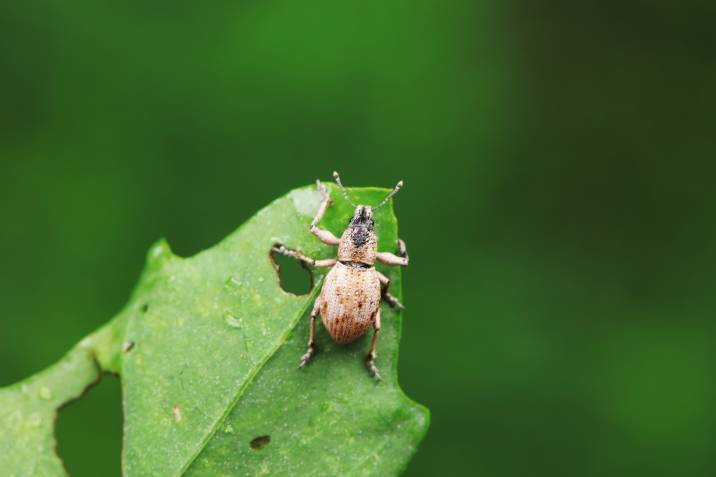
Fully grown weevils will be roughly 9mm long and black, made obvious by changes to the shape of your leaf margins, especially in summer. The grubs have a plump, white, legless appearance causing plants to wilt and die during the spring.
How to control them
- You can pick adult weevils off of your plants by hand in the evening during spring and summer or use sticky barriers around your pots.
- You'll also keep the weevils at bay by encouraging birds, frogs, or hedgehogs into your garden. You can do this by drilling holes in branches and logs to encourage insects to nest (bringing the frogs along for a meal). Or, have an area of your garden that you leave overgrown, which gives hedgehogs space to hibernate. Bird boxes will encourage creatures to nest in your garden!
- Alternatively, you can apply a pesticide with systemic neonicotinoid insecticide acetamiprid to your compost.
Protection from weevils is important as these pests can grow in large numbers.
4. Rats
Rats are common lawn pests and categorised as vermin as they spread disease. They will usually set their nests beneath decking or in sheds.
How to control them
- Keep rats out of your garden by ensuring the area stays clean, and no food sources are present.
- Keep your lawn trimmed, and keep an eye out for nests if you begin to spot rats in your yard.
- Rats dislike peppermint, so you can soak cotton balls in peppermint oil and place them around the yard to help keep them out.
5. Caterpillars
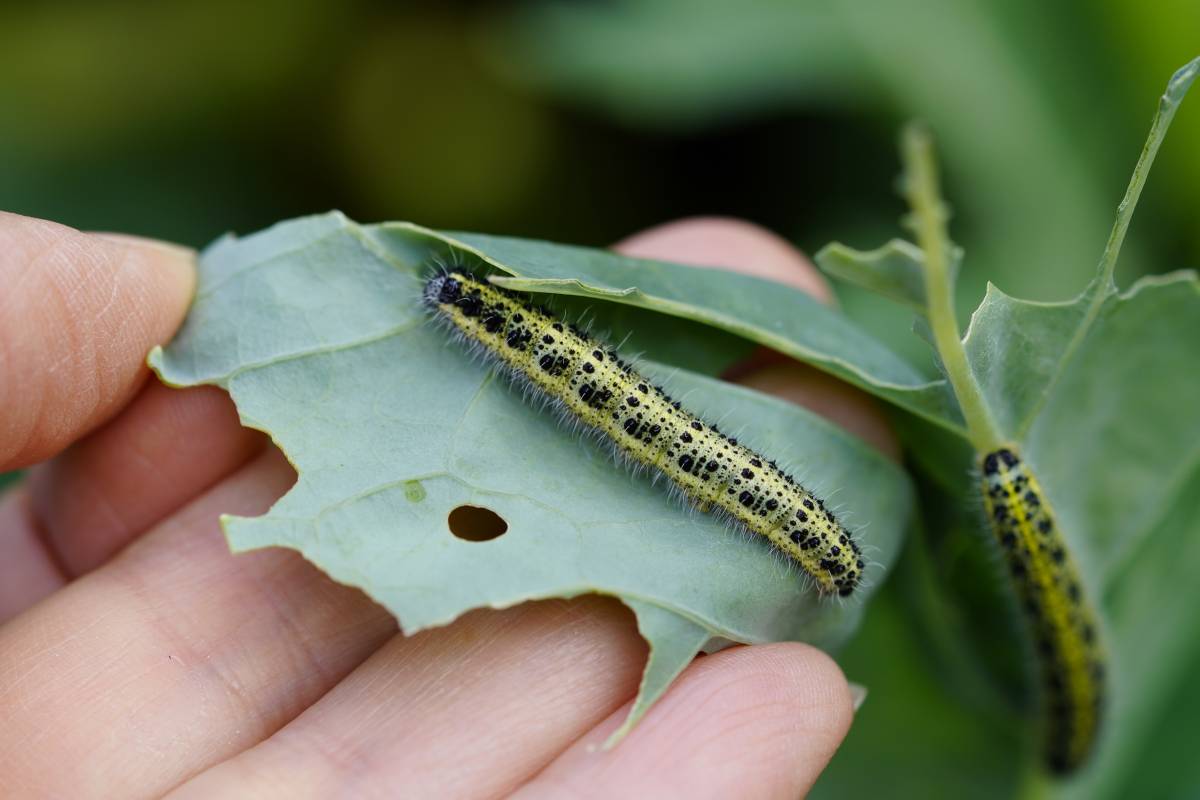
You can find caterpillars hanging out on many different fruits and vegetables or shade trees. Caterpillars are cute and completely harmless, but they love to chew on leaves or tunnel into fruits.
How to control them
If you want to stop this, you can deter caterpillars by:
Encouraging native predators like birds with a feeder or birdhouse
Regularly handpicking your harvest
Applying floating row covers
6. Cutworms
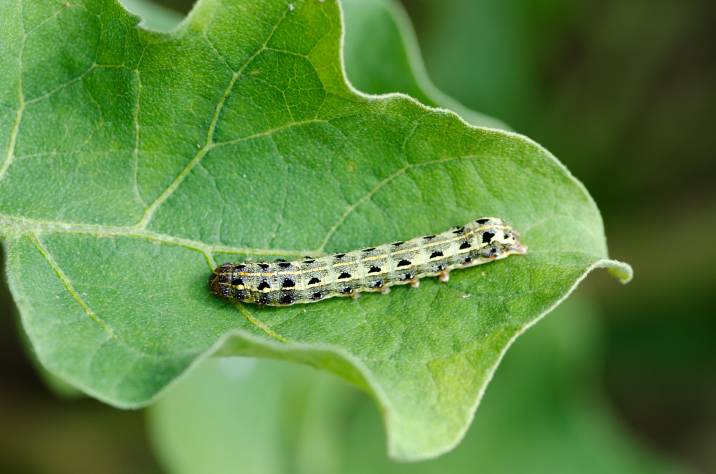
Cutworms are 1-inch-long, grey or black segmented larvae that come out at night. They will munch through your vegetable and flower seedlings, chewing the stems at ground level. Some can even devour a whole small plant!
How to control them
Use cutworm collars which prevent the larva from finding your seedling. They can be made from cardboard tubes, plastic cups, or folded cards.
Delay planting until after May, which is after the most common hatching seasons.
Handpick cutworms that you can find curled below the surface of the soil.
7. Beetles
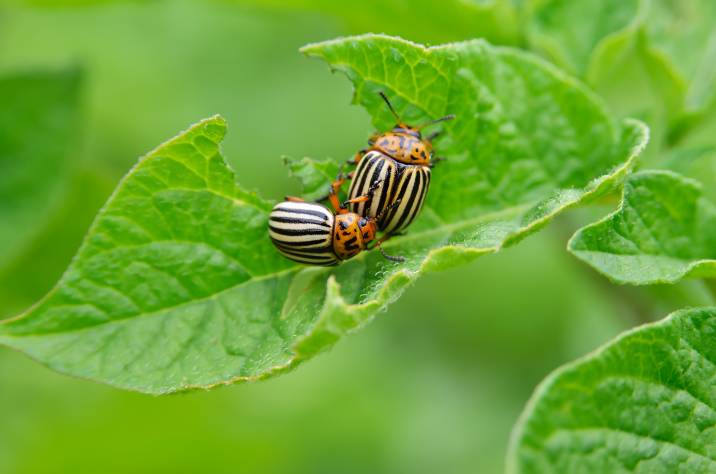
Beetles love to munch on potatoes, petunias, tomatoes, cherry tomatoes, and eggplant. They will defoliate or kill your plants if you fail to keep them under control!
How to control them
Apply floating row covers.
Use deep straw mulches.
Handpick beetles from the garden.
Use parasitic wasps, which will defend your garden against caterpillars and can be bought through the mail or at some hardware and garden stores.
Spray the beetles with neem oil.
Keep your garden free from common garden pests
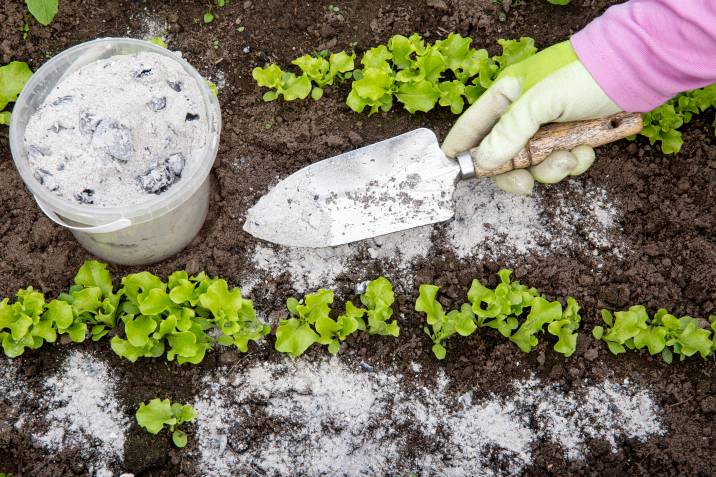
Now that you know which garden pests to look out for and some methods to keep them away, you can ensure your garden stays pest-free and healthy. If the situation calls for a professional, you can book a pest control service. Maintaining your garden and getting rid of garden waste can also lower the chances of creating pest hideouts.
☞ Learn more: Gardening tips
FAQs on garden pests
Slugs are some of the most common garden pests. They eat holes in pretty much everything in your garden. Seedlings are at the highest risk during the spring months, so we recommend setting slug pellets around the garden to keep these little critters at a distance.
Rats can be considered one of the worst garden pests as they not only eat your plants and vegetables but also spread disease. They love to set their nests beneath decking or in darker places like sheds. Keep your garden clean and free of food sources to lower the risk of a rat infestation.
Many different bugs can infest gardens. Garden parasites will eat away at your plant life. The most common are caterpillars, beetles, cutworms, aphids, and slugs. Luckily, there are a few methods that will keep this to a minimum; You just have to be vigilant and keep an eye out for signs of chewing on leaves and fruit.
Find pest control, fast
Find a Pest Control specialist
Related articles
Related price guides
